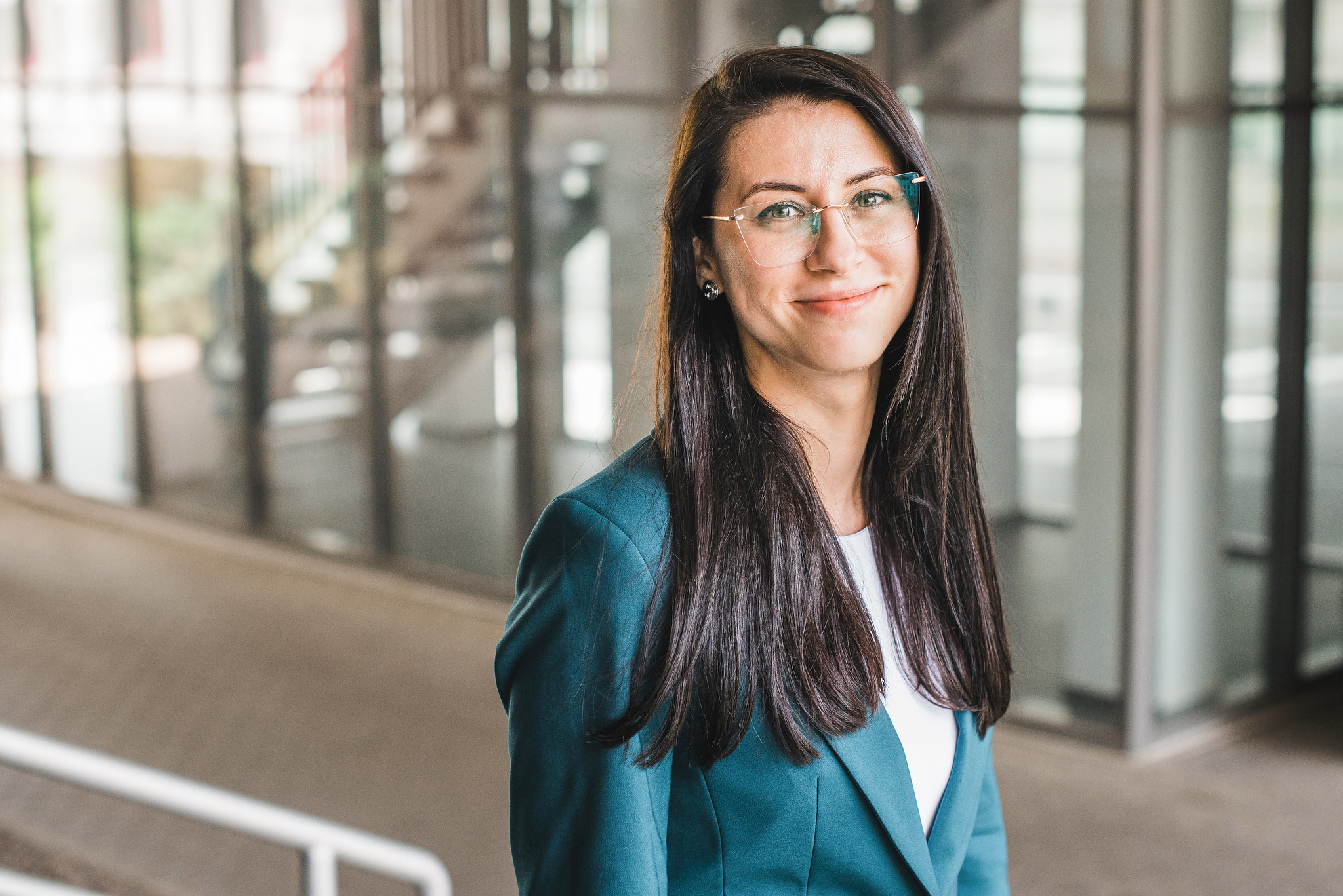Dr. Diana Sukackienė: Not Enough Attention Given to the Nutrition of Patients After Kidney Transplantation Surgery

“Medicine and science are inseparable, moving in sync. I’ve never had any doubts about choosing clinical work. When it comes to academic activities, even though there are no more scientists in my family, the work environment always encourages science and academic work. My colleagues are excellent examples. During my doctoral studies, I gained better skills in planning, and learned how to conduct scientific research, process, evaluate the obtained results, and present them in the international arena. I realized that the path of a scientist is not easy, but with passion, it’s worth pursuing,” Dr. D. Sukackienė, a physician at the Vilnius University Hospital Santaros Klinikos Nephrology Centre, who defended her dissertation in June this year, titled Changes in the Nutritional Status of Patients After Kidney Transplantation and Assessment of Related Factors.
The First Attempt in Lithuania to Assess the Nutritional Status of Kidney Transplant Candidates
According to Dr. D. Sukackienė, today, nutrition, nutritional status, and body composition are relevant not only for healthy individuals but also for patients suffering from various diseases. “The nutritional status of patients with kidney diseases is closely related to the progression of the underlying disease, complications, quality of life, and overall survival,” said Dr. D. Sukackienė. She explained that nutritional and metabolic disorders before or after kidney transplantation surgery contribute to a higher risk of surgical and infectious complications, as well as cardiovascular diseases. “There is insufficient attention given to the assessment of the nutritional status and nutrition-related syndromes in this highly specific population in Lithuania. Therefore, this dissertation aimed to draw the attention of professionals working with the population of patients after kidney transplantation to the importance of assessing the nutritional status at all stages of chronic kidney disease, provide information about the frequency of nutritional disorders, their consequences, assessment and research methods, and preventive measures,” she explained.
This research represents the first attempt in Lithuania to assess the nutritional status and changes in patients undergoing dialysis and kidney transplant candidates, as well as the relationship between nutritional status indicators and patients’ sexual function. “Kidney transplantation is the optimal treatment that significantly improves the quality of life for patients suffering from end-stage kidney disease. It was very interesting to observe both positive and negative changes in nutritional status and body composition after the surgery,” Dr. D. Sukackienė discussed her dissertation research. She expressed her belief that the results of this study will help introduce and implement inpatient, outpatient dietetic, and rehabilitation measures for patients with chronic kidney disease more widely. Such practices would reduce the frequency of nutritional deficiencies, sarcopenia, or obesity, as well as morbidity and mortality, and improve their overall quality of life.
The Success of the Dissertation Research – Good Planning
When asked about the challenges she faced while conducting her dissertation research, Dr. D. Sukackienė mentioned that it required a lot of effort to balance clinical, educational, and scientific work. “This was particularly challenging during the COVID-19 pandemic. I believe that the smoothness of doctoral studies and the success of a dissertation depend on well-planned research and a topic that is interesting to the doctoral candidate and, of course, relevant to specialists working in that field who can provide assistance, and generally significant to society,” Dr. Sukackienė shared her experience at the Medical Faculty. According to her, young researchers are especially motivated by the gradual achievement of results, such as publications in high-ranking journals. “In general, a successful dissertation has been defended. The fact that you have successfully defended it is already a success!” she said with a smile.
When asked if she had any advice for aspiring scientists, she shared, “First and foremost, don't be afraid to ask questions, seek advice, and ask for help. There are always people who can and are willing to assist. Then, strive to maintain a balance between work, research, and leisure, with the latter being very important. If I had the opportunity to go back, I would gladly enrol in another doctoral program (smiles)! One thing I would do differently is gather the necessary data for the research earlier, which would allow for a larger scope of the study. On the other hand, it’s not that easy because we never know in advance how many kidney transplantations will occur in total.”
In conclusion, Dr. D. Sukackienė expressed her joy that the doctoral phase has been successfully completed, allowing her to dedicate more time to other projects and work, as well as enjoy her favourite activities and spend time with loved ones. “Writing the dissertation did take a significant amount of time away from my family, close and beloved ones, and friends. So, I’m currently trying to pay back this debt in full. I enjoy having a more flexible schedule, reading books, and watching movies. But at this moment, raising young children often involves reading bedtime stories and watching animated films (laughs). We all love camping, spending time in nature, and travelling,” Dr. D. Sukackienė shared some insights into her personal life.